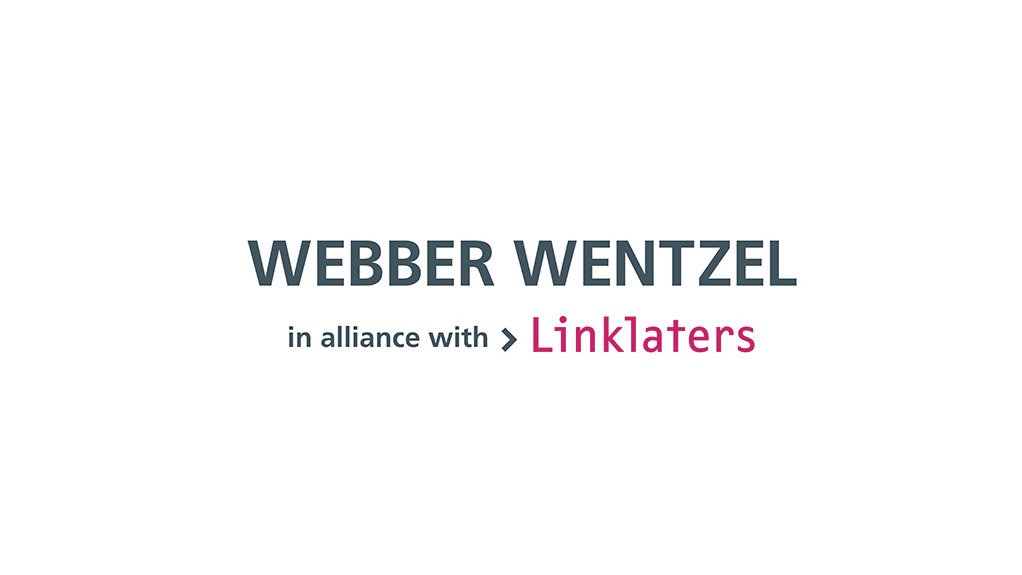At the 2023 Digital Assets and Sanctions Compliance Conference, Lerato-Lamola Oguntoye participated in a panel discussion on the regulation of crypto assets in South Africa and globally. The conference highlighted how distributed ledger technology/blockchain potentially diminishes anonymity in crypto-asset transactions.
The popularity of cryptocurrencies stems from the fact that trading takes place in an anonymous environment where individuals may use pseudonyms and are not face-to-face. However, as the crypto industry grows and becomes more developed, it is becoming less true that “crypto is anonymous”.
According to the Financial Action Task Force (FATF) and Financial Intelligence Centre (FIC), crypto assets pose money-laundering and terrorist financing risks because they permit anonymous transactions. The recently published guidance by the FIC for crypto asset service providers (CASPs) notes that the anonymous or pseudonymous nature of crypto asset trading obscures the beneficial owners in those transactions.
Conference speakers argued, however, that this may not necessarily be the case when considering the technology.
Blockchain (i.e. distributed ledger technology) is a decentralised digital ledger of transactions that securely records information on a vast range of networks. Transparency is one of the main attributes of distributed ledger technology since all transactions occur in a shared network. The information stored on a blockchain is unalterable and virtually impenetrable, which enhances security. Blockchain offers unique opportunities for a range of business applications, the most popular of which is cryptocurrencies (referred to as crypto assets in South Africa). Each crypto asset operates on its own blockchain network (e.g. Bitcoin or Ethereum). Although pseudonyms are commonly used in crypto transactions that occur on a blockchain network, this does not usurp the traceability of all transactions that occur on the ledger.
Despite the transparency of distributed ledger technology, CASPs should be aware that other techniques can be used to conceal the identity of a client and the beneficial ownership of crypto assets. For example, mixers and tumblers are used to mix the crypto assets belonging to different people to conceal the identity of the client and true ownership of the crypto assets. The FIC is aware of the use of mixers and tumblers in the CASP industry and requires CASPs to more closely scrutinise clients that use such anonymity techniques.
In responding to the recommendations of the FATF on virtual assets, the FIC has designated CASPs as accountable institutions in terms of the Financial Intelligence Centre Act (FICA). FICA requires accountable institutions to identify and verify their clients, as well as identify the beneficial ownership of the client if it is a legal person. In applying FICA to the digital environment, the FIC encourages CASPs to obtain additional information when conducting customer due diligence. In particular, the information should include the client's:
- Device identification (including the IMEI – International Mobile Equipment Identifier)
- Device type and model
- Internet Protocol (IP) addresses
- Date and time stamp information of device connections
- Geolocation
- Browser information
- Operating system and version
- All linked crypto asset wallet addresses
- A client-provided photograph of themselves (as clients are often requested to take a photograph of themselves when opening an account non-face-to-face with certain crypto exchanges).
In its latest updated guidance on virtual assets, the FATF has encouraged member countries to implement its “Travel Rule” for virtual assets. The FATF Travel Rule is found in Recommendation 15 and 16 of the FATF Recommendations. It requires virtual asset service providers (VASPs) to obtain details of the sender and recipient of a virtual asset transfer to counterparty VASPs or financial institutions, either during or prior to the transaction. It requires VASPs and other financial institutions to share relevant originator and beneficiary information with virtual asset transactions. Effectively, the rule requires VASPS to know who is initiating the transfer and who receives it.
Taking into account the requirements of FICA, the guidance provided by the FIC, the FATF guidance on virtual assets and the implementation of the Travel Rule, and the capabilities of distributed ledger technology, it is questionable how much anonymity really exists in the crypto industry. As with all technology, it evolves, develops and grows. Distributed ledger technology may be used to address the concerns of the FATF and local regulators about the facilitation of money laundering, terrorist financing and proliferated financing in the digital assets universe.
Written by Lerato Lamola-Oguntoye, Associate Director & Analisa Ndebele, Associate at Webber Wentzel
EMAIL THIS ARTICLE SAVE THIS ARTICLE ARTICLE ENQUIRY
To subscribe email subscriptions@creamermedia.co.za or click here
To advertise email advertising@creamermedia.co.za or click here











